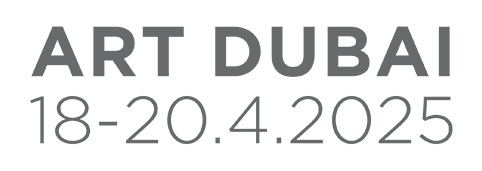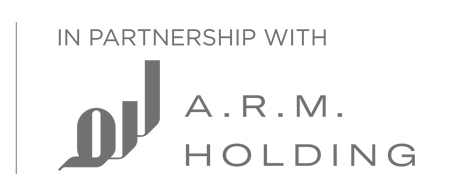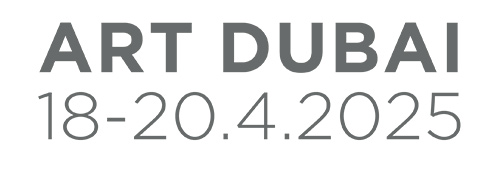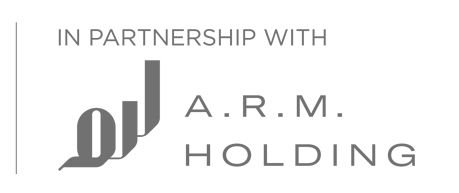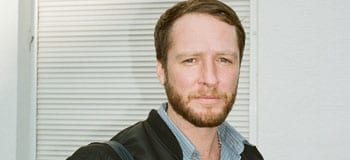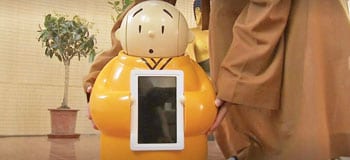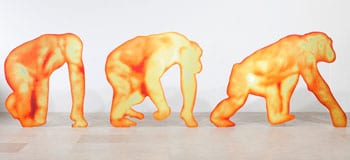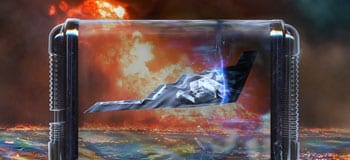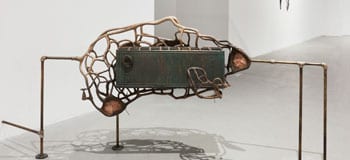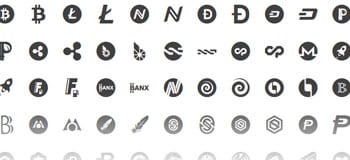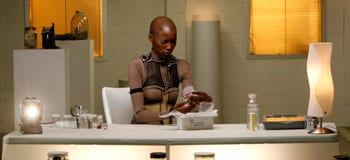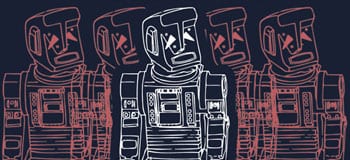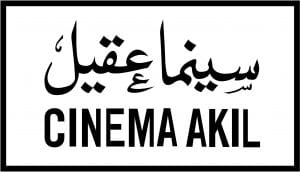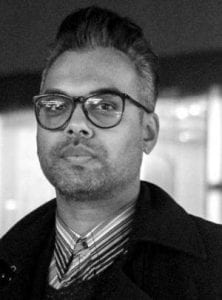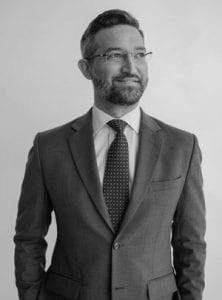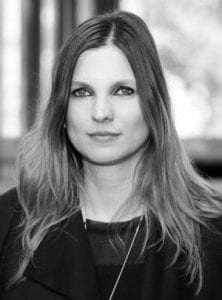Lawrence Abu Hamdan is an artist and “Private Ear” who creates audiovisual installations and conducted investigations with Forensic Architecture for organizations such as Amnesty International and DCI-Palestine.
Fatima Al Qadiri is a music producer and artist. She has released music as a solo artist on Hyperdub, UNO NYC and Fade to Mind, and as a member of Future Brown on Warp. She is also a member of the collective GCC, whose work has been shown at MoMA PS1, Berlin Bienniale and Sharjah Art Foundation.
Fadi [the fdz] Baki studied graphic design at the American University of Beirut and earned a MA in filmmaking from Goldsmiths College in London. He wrote, directed, short and edited the 40 minute mockumentary “It Came from Al-Makkab!” nominated for the FutureTV Award. In 2007 Fadi co-founded and edited Samandal Comics Magazine and currently divides his time between motion graphics, comics and filmmaking.
Alessandro Bava is an artist based in London, UK and Naples, Italy. His recent work focuses on augmented intelligence in its embodied and spatial dimensions. He is the founder of the art collective åyr, researching contemporary domesticity, and the independent ecology magazine and publishing platform ECOCORE.
Jessica Bland is Head of Research at the Dubai Future Foundation, previously head of the technology futures team at Nesta, a UK foundation. She works on the governance of emerging technologies – particularly artificial intelligence, synthetic biology and open science.
Jaya Klara Brekke writes, does research and speaks on the politics and power of distributed systems, blockchain and consensus protocols. She is the author of the Satoshi Oath and the B9Lab ethical training module for blockchain developers and is based between London and Durham University Geography Department where she is writing a PhD.
James Bridle is a writer and artist whose works explore the cultural and political effects of new technologies, and have been commissioned by institutions worldwide. His book “New Dark Age: Technology, Knowledge and the End of the Future” is forthcoming in 2018.
Ozge Calafato currently works as the Project Manager for the Akkasah: Center for Photography at NYU Abu Dhabi and Programming Consultant for the Imagine Science Film Festival. She is co-founder and project director of the UAE National Film Library and Archive and has worked as a programmer and consultant for a number of film festivals and institutions including Cinema Akil and Abu Dhabi Film Festival. She has authored five books and worked as a journalist, editor and translator for several magazines.
Paul Feigelfeld is a Media Theorist based in Vienna. He is the Data and Research Architect of TBA21-Academy the exploratory, scientific and artistic research arm of Thyssen-Bornemisza Art Contemporary.
Melissa Gronlund is a writer based in Abu Dhabi. She is the author of Contemporary Art and Digital Culture (Routledge, 2016) and writes about art for The National, Artforum, Art Agenda and other venues. She is a former co-editor of Afterall and taught for many years at the Ruskin, University of Oxford.
Ramin Haerizadeh, Rokni Haerizadeh, and Hesam Rahmanian have lived and work together in Dubai since 2009. Their work has been exhibited at the Guggeneheim Abu Dhabi; ICA Boston; Kunsthalle Zurich; Trussardi foundation, Milan; Den Frie Center for Contemporary Art, Copenhagen; the New Museum, New York; Carnegie International 2013; and the Sharjah Biennial 2011, among others. Recipient of the Han Nefkens Foundation/MACBA Award, most recently exhibited at MACBA in Barcelona.
Wanuri Kahiu born in Nairobi is part of the new generation of African storytellers. Her stories and films have received international acclaim and her films screened in numerous film festivals around the world. To date, Wanuri has written and directed six films and is working on her second feature length film. She is the co-founder of AFROBUBBLEGUM, a media company that supports, creates and commissions fun, fierce and frivolous African art.
Martti Kalliala is an architect and musician. He is the co-founder of the think tank Nemesis and the other half of the electronic music act Amnesia Scanner, known for its involvement in the Decentralized Autonomous Rave Scene.
Isabel Lewis (born 1981, Santo Domingo, DR) works on the aesthetics of the experiential creating spaces of sociable encounter between human and nonhuman agents in the format she’s named the hosted occasion. Lewis’ sensorial occasions have been presented internationally, recently at Tate Modern London, Ming Contemporary Art Museum in Shanghai, and Martin Gropius Bau in Berlin.
Simone C. Niquille is a designer and researcher. Her practice Technoflesh investigates the representation & digitisation of corporeality. She is a 2016 research Fellow at Het Nieuwe Instituut Rotterdam and a contributor to the Dutch Pavillion at the Venice Architecture Biennale 2018.
Katja Novitskova follows ongoing ecological, social and informational processes in the times of biotic crisis, developing personal strategies to render world’s future forms. Novitskova represented Estonia at the 57th Venice Biennale. Recent solo exhibitions include CC Foundation, Schanghai (2017); Greene Naftali, New York (2016); Kunstverein Hamburg (2016). She has also exhibited at Okayama Art Summit 2016, the 9th Berlin Biennale; MoMA, New York (2015), the 13th Biennale de Lyon (2015), and Fridericianum, Kassel (2013).
Hans Ulrich Obrist (b. 1968, Zurich, Switzerland) is Artistic Director of the Serpentine Galleries, London. Prior to this, he was the Curator of the Musée d’Art Moderne de la Ville de Paris. Since his first show “World Soup” (The Kitchen Show) in 1991, he has curated more than 300 shows. Obrist’s recent publications include Mondialité, Conversations in Colombia, Ways of Curating, The Age of Earthquakes with Douglas Coupland and Shumon Basar, and Lives of The Artists, Lives of The Architects.
Yuri Pattison is an artist living and working in London. Pattison was the recipient of the 2016 Frieze Artist Award. Recent solo exhibitions include context, collapse, mother’s tankstation project, London; Trusted Traveller, Kunst Halle Sankt Gallen (both 2017) and user, space, Chisenhale Gallery (2016).
Asad Raza combines experiences, human and non-human beings, and objects in his work as an artist. His recent projects include Untitled (plot for dialogue) at CONVERSO, Milan; Root sequence. Mother tongue at the Rockbund Museum, Shanghai, and the Whitney Biennial, New York; and Mondialité at the Villa Empain, Brussels.
Simone Rebaudengo collaborates with international clients exploring the future of connected and intelligent products. He’s funding member of automato.farm and visiting lecturer at Copenhagen Institute of Interaction Design. His work is exhibited in international museums as Vitra and MAK and awarded by IxD Awards, Robot Film Festival, IDEA and Core77.
Patricia Reed is an artist and writer based in Berlin. Her elected exhibitions include those at The Museum of Capitalism, Oakland; Homeworks 7, Beirut; Witte de With, Rotterdam; and HKW, Berlin. Recent writings have been published in e-flux Architecture; Cold War Cold World (Urbanomic); and The Neurotic Turn (Repeater). She is part of the Laboria Cuboniks techno-feminist working group.
Pamela Rosenkranz work explores how physical and biological processes affect art. It addresses the shifting philosophical and scientific meanings of the “natural” and the “human” during Anthropocene. In 2015, Rosenkranz represented Switzerland at the Swiss Pavilion of the 56th Venice Biennale. Her most recent large scale installations were shown at the Louisiana Museum in Denmark, the Fondazione Prada in Milan, the K21 in Düsseldorf, and the GAMeC in Bergamo.
Aaron Schuster is a philosopher and writer, based in Amsterdam. He is the author of The Trouble with Pleasure: Deleuze and Psychoanalysis (MIT Press, 2016). He was a fellow at the Institute for Cultural Inquiry ICI Berlin and the Center for Advanced Studies Rijeka, Croatia. In 2016 he was a visiting professor at the University of Chicago.
Emily Segal is an artist, writer, and trend forecaster. She founded the art collective and trend forecasting group K-HOLE, and is currently the director of Nemesis, a think tank for cultural insights.
Ania Soliman has a drawing-based research practice, and is interested in readings of technology from a post-colonial perspective. Her work was shown at the Drawing Center (NY), the 2010 Whitney Biennial, 15th Istanbul Biennial, the Museum of Modern Art in Salzburg, and Museum of Culture in Basel.
Christian Tod is an accomplished economist and filmmaker. Tod’s first feature length documentary “Es muss was geben” firmly established him as an auteur filmmaker after it got theatrically released nationwide and was shown at Filmfest Munchen and Crossing Europes 2010 edition. Free Lunch Society is his current and most ambitious film, and is the subject of his diploma and dissertation: the unconditional basic income.
Jordi Vallverdú is Professor at UAB (Catalonia), expert in Computational Philosophy and Cognitive Sciences, with interests on Western-Eastern Traditions, Minimal Cognition, Multi-heuristics, Artificial Creativity, Emotional Modeling, and Human-Robot Interactions. His cross-cultural and transdisciplinary approaches to academic research offer a new view on several current debates.
Ben Vickers is a curator, writer, explorer, technologist and luddite. He is CTO at the Serpentine Galleries in London and an initiator of the open-source monastic order unMonastery.
Qing Wei is currently the National Technology Officer in Microsoft China which allows him to evangelize Microsoft latest technology vision and innovation. Qing Wei is an ICT industry veteran who has been working in mobile communication, information technology and smart devices related business for over 25 years in Asia with Microsoft and Motorola. He is also an active public speaker and coach specialized in digital transformation.
Mi You travels physically and metaphysically on the silk road. She curated performative programs at Asian Culture Center (Gwangju) and the inaugural Ulaanbaatar International Media Art Festival (2016) taking the silk road as a figuration for deep-time, de-centralized and nomadic imageries. She researches on art/performance philosophy and science and technology studies.
Cinema Akil is an independent cinema platform that brings quality films from around the world to the audiences in Dubai. Showcasing directors and filmmakers spanning decades, genres and places, Cinema Akil aims to create awareness and interest in film and the cinematic arts. Launched in 2014, Cinema Akil has held over 35 pop up cinemas around Dubai, Abu Dhabi and Sharjah. Follow us into the dark. www.cinemaakil.com // Facebook – Cinema Akil // Twitter – @CinemaAkil // Instagram – @CinemaAkil // Snapchat – CinemaAkil #fortheloveoffilm
